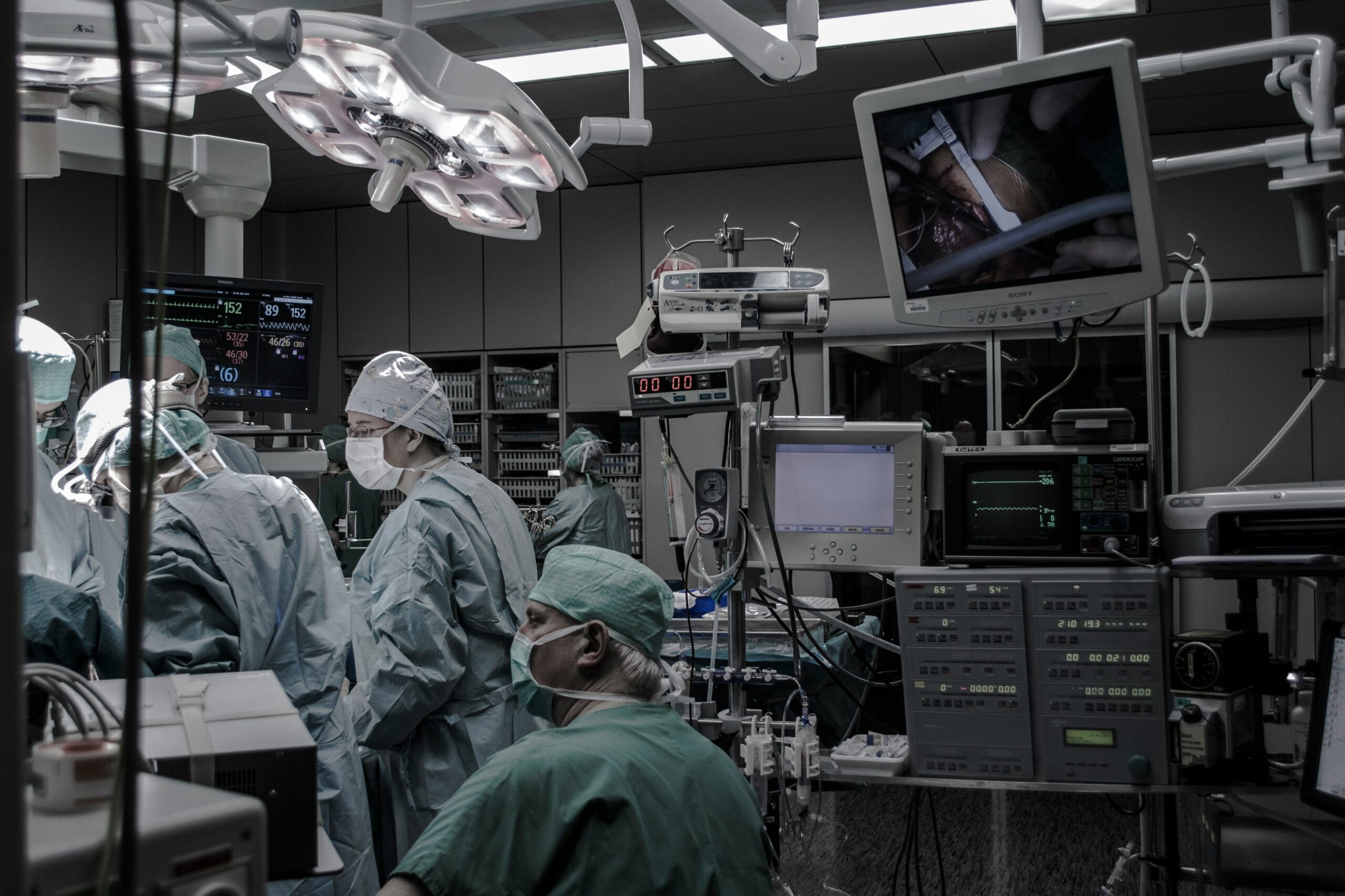
The medical field has always been at the forefront of innovation, but recent years have introduced breakthroughs that stand to redefine patient care. With advances ranging from artificial intelligence to minimally invasive surgical techniques, healthcare professionals are gaining access to tools that not only improve outcomes but also transform workflows.
As these technologies mature, they promise to deliver more personalized care, faster diagnoses, and greater efficiency. This future is not distant—it is unfolding now, and providers must stay informed to adapt to these changes effectively.
Artificial Intelligence and Predictive Analytics
Artificial intelligence (AI) has become an integral part of healthcare, offering diagnostic accuracy and predictive insights at levels once thought impossible. AI-driven imaging tools can now detect subtle signs of disease earlier than human eyes, while machine learning algorithms analyze massive datasets to identify potential health risks before symptoms appear.
For professionals, this means decision-making is becoming more data-driven and proactive. Transitioning from reactive treatment to preventative care not only improves patient outcomes but also reduces long-term healthcare costs. Additionally, AI-powered systems are helping streamline administrative tasks, giving clinicians more time to focus on patient interaction.
Robotic-Assisted Surgery
Robotic systems are no longer futuristic fantasies—they are assisting in operating rooms across the globe. These systems provide enhanced precision, smaller incisions, and quicker recovery times for patients. For complex procedures, robots act as extensions of the surgeon’s hands, reducing fatigue and improving accuracy.
Healthcare professionals benefit from increased confidence during delicate surgeries and opportunities to expand the types of procedures they can perform. Transitioning from traditional techniques to robotic assistance also encourages collaboration between human expertise and mechanical precision, ultimately elevating standards of care.
Telemedicine and Remote Monitoring
The global shift toward virtual care has highlighted the importance of telemedicine. Patients now have access to consultations from the comfort of their homes, reducing barriers related to distance and mobility. Remote monitoring tools, such as wearable devices, also enable continuous tracking of vital signs, creating real-time health data streams.
For healthcare professionals, this shift expands their ability to reach more patients while maintaining a high quality of care. Moreover, these tools provide invaluable data that supports personalized treatment plans. The integration of telemedicine into daily practice ensures care is both accessible and efficient.
Personalized and Regenerative Medicine
Medical technology is also advancing in tailoring treatments to individual patients. Genetic testing and biomarker analysis are paving the way for precision medicine, where therapies are customized based on unique biological profiles. This not only enhances effectiveness but also minimizes adverse side effects.
Regenerative medicine is equally transformative, with stem cell therapy and tissue engineering offering hope for conditions once considered irreversible. Professionals embracing these innovations will be better equipped to deliver treatments that heal at the cellular level, ultimately restoring health in groundbreaking ways.
3D Printing in Healthcare
Another exciting frontier is 3D printing, which is revolutionizing everything from prosthetics to organ modeling. Custom implants and devices designed to fit a patient’s exact anatomy are improving comfort and function. Surgeons are also using 3D-printed models to plan complex operations with greater accuracy.
For medical teams, this technology represents a leap in personalization and preparation. Transitioning from one-size-fits-all solutions to patient-specific devices enhances treatment outcomes and reduces complications. The potential for 3D printing to one day create transplantable organs further underscores its transformative impact.
Looking Ahead
The future of medical technology is not only about devices or systems—it is about reshaping the entire care experience. By adopting these innovations, healthcare professionals can provide safer, faster, and more effective treatments. Importantly, these breakthroughs also address long-standing challenges such as accessibility, efficiency, and personalization.
As technology continues to advance, those in the medical field must remain adaptable and open to change. The healthcare landscape is evolving rapidly, and professionals who embrace these tools will not only improve patient care but also play an active role in defining the future of medicine.